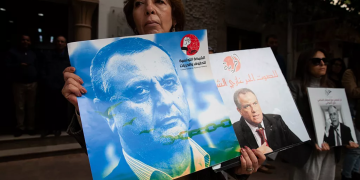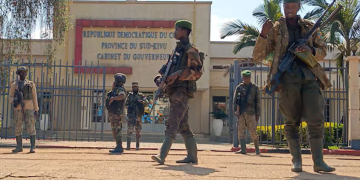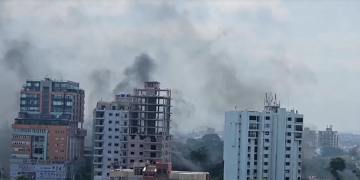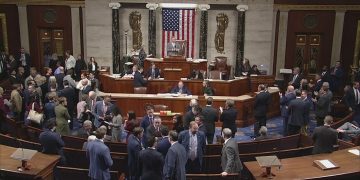Freeman Chari, a Zimbabwean opposition activist based in the United States, has voiced strong criticism of Nelson Chamisa’s leadership style within the Citizens Coalition for Change (CCC).
Chari argues that Chamisa’s approach, characterized by “Strategic Ambiguity,” has ultimately undermined the movement.
Personalization of the Movement
Chari contends that when the CCC was established, there was a collective understanding of the need for a clear constitution and organizational structure.
However, he believes that the principle of Strategic Ambiguity overshadowed these foundational agreements. In a post on X, he stated:
“When CCC was formed, we told Chamisa that we would defend him with our lives publicly, but privately we needed to address issues to avoid repeating the mistakes of the MDC-Alliance.”
Chari emphasized the importance of having a well-defined constitution and structure, recalling how he provided Chamisa with alternative organizational proposals developed in collaboration with Dr. Alex Magaisa.
Missed Opportunities and Internal Conflicts
Unfortunately, Chari argues that Strategic Ambiguity took precedence over these critical discussions.
He noted that those who had initially supported Chamisa later abandoned him after the elections, revealing opportunism among some members, particularly from Harare. He expressed his frustration:
“We worked hard for two years to build this movement, yet we had no way to defend ourselves against criticism. Our potential flaws were evident but overlooked.”
This lack of structure and clarity carried over into candidate selection and election strategies.
Chari criticized specific decisions made during this process, stating that supporters should have recognized better alternatives long before they faced electoral defeat.
The Aftermath of Election Losses
Following the elections, Chari observed that Chamisa struggled to manage the few MPs they had left.
He felt that without proper organizational foundations in place, they were vulnerable to further setbacks.
He lamented:
“Even with ego involved, we continued down the path of Strategic Ambiguity. If we had built our organization correctly behind the scenes, we could have had a fighting chance.”
Chari warned that without a willingness to reflect and learn from past mistakes, the CCC risks repeating its failures and experiencing further heartbreaks in future elections.
He concluded with a resolute statement:
“I am not willing to go through that again!”
A Call for Reflection and Reform
Chari’s critique highlights significant concerns regarding leadership and organizational structure within the CCC.
As the party navigates its future, it faces essential questions about its strategy and governance.
Reflecting on past experiences may be crucial for rebuilding trust and ensuring a more resilient political movement moving forward.













